Sify’s Sairaj Iyer in conversation with Aditya Vuchi, Founder & CEO Of Doosra, about the evolution and the potential future of the company and its product line

When Moin Khan coined the word Doosra it was of course in reference to the off-spin delivery from Saqlain Mushtaq that swung the other way. Ever since the Sharjah series in the 90s, leading off-spinners such as Muttiah Muralidharan, Saed Ajmal, Harbhajan Singh and Ravichandran Ashwin have used the Doosra effectively.
Aditya Vuchi thought of spinning the same trick to tele-marketeers. A few days later he was asked to share his 10 digit cellphone number by a clerk at local store. This acted as the wake-up call to build Doosra an app that blocks telemarketeers and ofers a desired level of privacy.
Social icons like Samantha Ruth Prabhu and KTR have supported Doosra’s journey. In a conversation with Sify.com Vuchi explains about Doosra and its evolution.
Edited Excerpts:
Tell us a bit about the episode that inspired you to start Doosra?
I was at this popular sporting good store. After shopping for a while I was at the billing counter and was asked for a 10 digit mobile number to process the bill. The billing clerk told me that sharing my mobile number was compulsory. Else, I could not complete my shopping. I was baffled but wondered if it were the right thing to do. With so many data breaches around, what if my phone number and personal details got stolen or something? What if I start getting spam calls? Who takes responsibility in the event of a data breach? That store episode was the tipping point that compelled me to start Doosra.
Why did you name it as Doosra?
Of course, it’s the trick that a Doosra does in the Cricket world. With Doosra, the app, the customer gets to share a number with any brand but this number behaves differently than the standard cellphone number does. The customer gets to choose which numbers can be listed to speak with him.
How does that work? Can you give us a few examples?
Doosra works like that second SIM card on your phone which can be shared with everyone. The customer gets to control which incoming numbers he wants to answer or which ones to block.
A Yoga instructor uses Doosra to effectively differentiate between private and client communication. She has chosen the Doosra number as her business number which remains active only during specific business hours. A well known celebrity uses Doosra as their private number for ultra-private communication. We also have many Covid volunteers who use the Doosra app for voluntary work. During Covid many volunteers were forced to share their numbers online. With a Doosra subscription, these volutneers don’t have to deal with calls at odd hours. They can select their time of operations.
But, do customers pay for it? How do you look at customer behaviour?
When we started a few years back, the second SIM card was a clunky service. With Jio disrupting the market, the concept of the second sim faded away. Of course everything largely became free in the initial few days. But, in the last two years, telecom ARPUs (Average Revenue Per User) have increased and the notion of paying for services has also started to grow. The privacy concerns and the surge in OTT adoption too support this theory. It also helped that Doosra was simless and the most affordable second sim provider.
Customer behaviour has evolved. Previously pepole were used to getting treated with free services. Thanks to Netflix, Swiggy super the behaviour to pay for better services has improved.
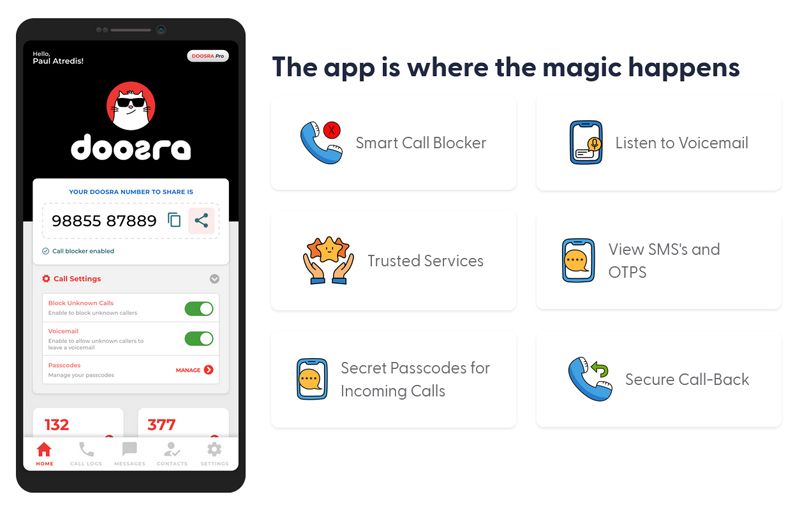
What was the complicated operational aspect of Doosra?
The concept of virtual numbers and doing both SMS and text needed tweaking with support from the telecom sector. Of course, we managed convincing the telecom operators to help us. We work with some of the top operators and we had to convince them to a price point that customers would afford.
Is Doosra as supportive of Telegram from a privacy perspective?
Of course not. We are not an anonymous platform although we offer complete user privacy. We give customers privacy from telecom marketeers. But, all customers have to comply with the prevailing land of law.
And there are two facets to this. With a Doosra essental plan, there is no outgoing call or messages. And hence the ability to cause harm is zero. On the Pro plan, customers have to do a KYC since it offers a Whatsapp or Instagram availability.
How resilient is Doosra’s data storage?
The amount of data during sign-up is limited. A primary number gets verified with an OTP. All messages are encrypted. We cannot offer an end to end encryption since it is impossible with GSM calls. That is because information on GSM network passes through several levels, nodes and multiple towers.
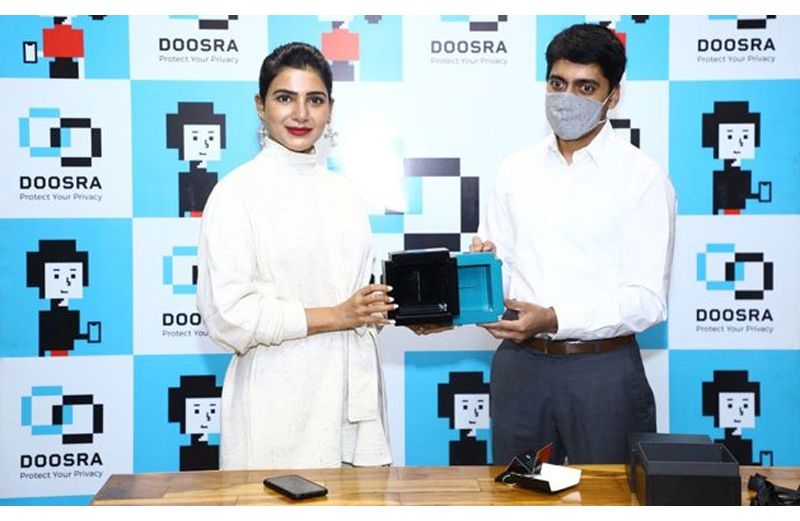
Did Samantha Ruth Prabhu or KTR offer any inputs?
Samantha Ruth Prabhu was our brand ambassador and helped us launch the brand. Samantha Ruth Prabhu and Doosra are both passionate about privacy and women ssafety. When it comes to women safety, phone numbers usually get shared with the vegetable vendor, cab drivers etc. With Doosra, women can choose who gets to call them and also hot-list some numbers. KTR helped us get off the ground and since we were a local Hyderabad based company we received a lot of encouragement. In fact, KTR helped us connect with the Hyderabad Police department. We got positive inputs from senior cop Swati Lakhra.
What is the vision ahead?
We see the privacy concept picking steam. We want to remain associated with the privacy layer in India’s internet – transactions, e-commerce or food delivery or even insurance. With the digital footprint increasing, we can make a significant difference and give everybody an alternate digital identity.
As regards our business, I think the unit economics are strong. We did not want to build a loss making entity and then search for investors. And we believe that our model of asking customers to pay for the subscription is a sound strategy. Of course, these are still nascent days.
In case you missed:
- None Found



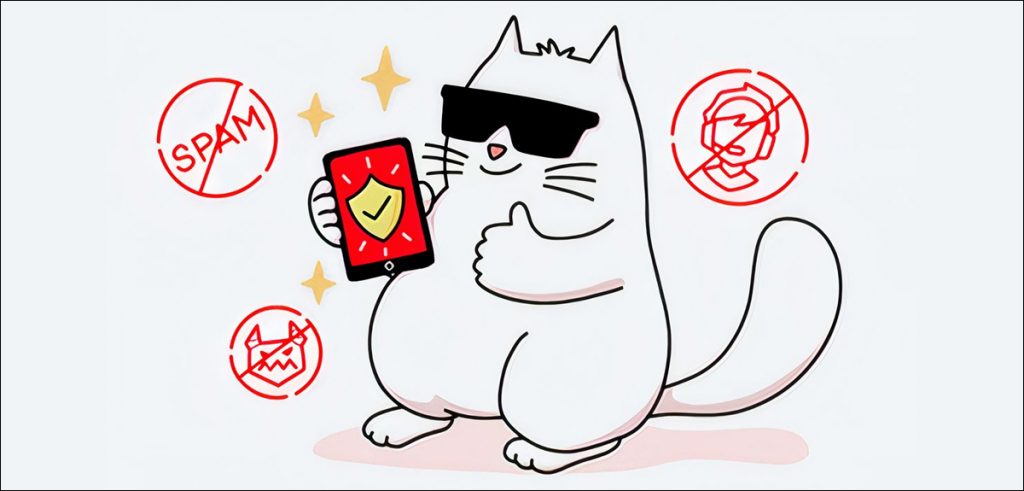
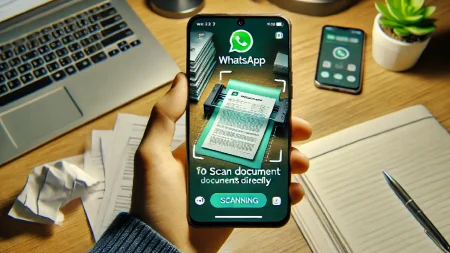
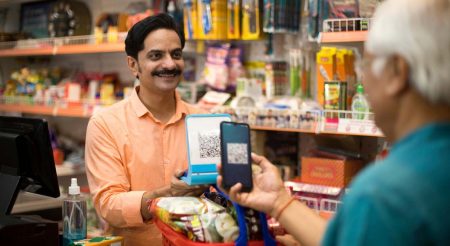




2 Comments
If some one wants expert view regarding blogging and site-building
after that i advise him/her to visit this web site, Keep up the
fastidious job.
Top very post